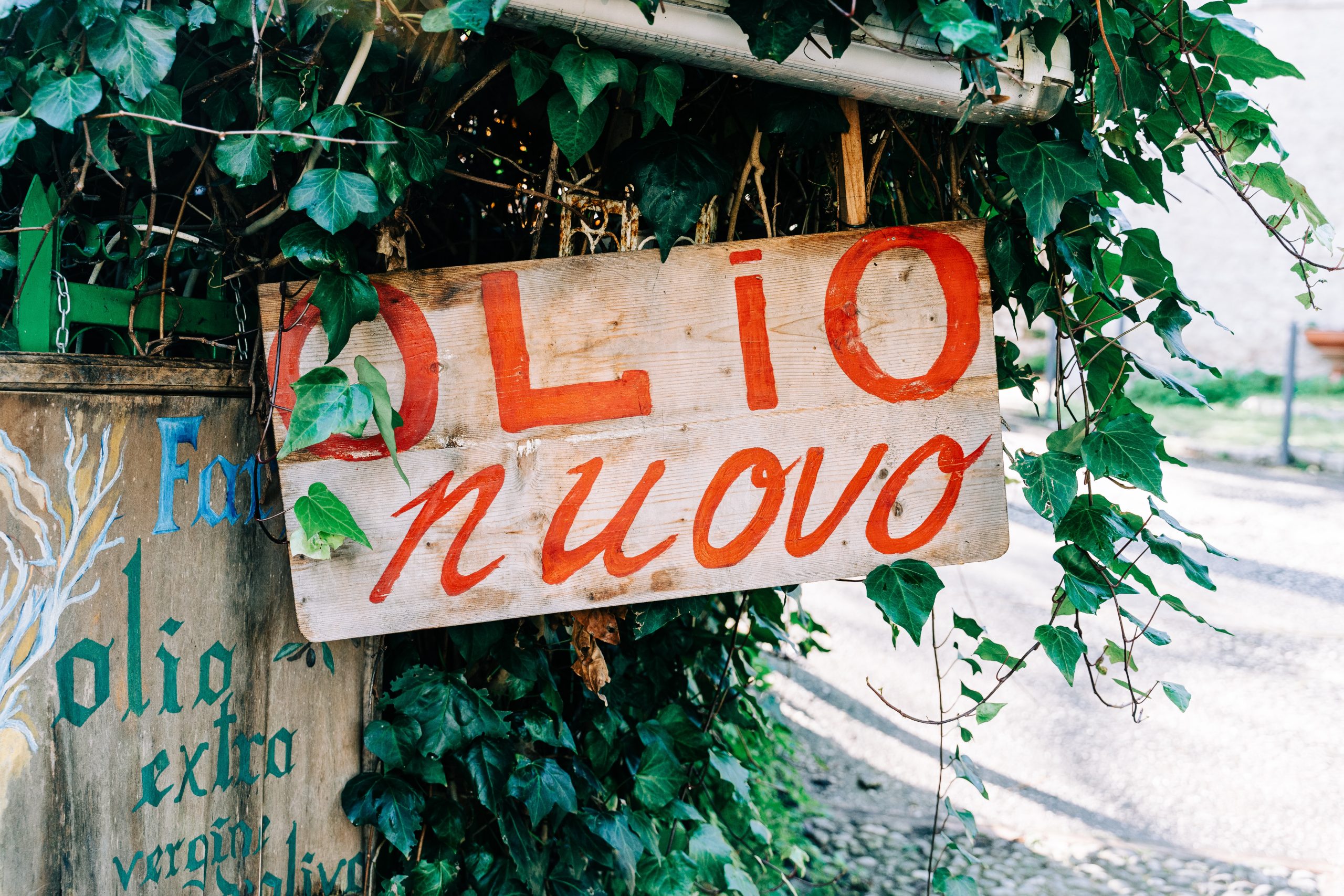Besides being an irregular verb, the verb ‘fare’ is used in Italian in numerous useful expressions. Let’s explore some of them:
Fare i compiti: to do the homework
Fare le pulizie: to do the chores
Fare un biglietto: to buy a ticket
Fare una passeggiata: to go for a walk
Fare un giro: to go around
Fare una fotografia: to take a picture
Fare colazione: to eat breakfast
Fare la spesa: to buy groceries
Fare shopping: to go shopping
Fare la valigia (le valigie): to pack
Fare pace: to make peace
Fare il compleanno: to have a birthday
Fare il pieno: to tank up
Fare una domanda: to ask a question
Fare la la fila: to stand in a line
Fare soldi: to become rich, to make money
Far male: to be painful, to ache
Fare una vacanza: to go on vacation (holiday)
Fare una prenotazione: to make a reservation
Fare un errore (o sbaglio): to make a mistake
Fare tardi: to be late
FARE is also the verb used to ask information about the weather and to answer about it. In Italian, we say CHE TEMPO FA? And we answer FA bel/cattivo tempo o FA caldo/freddo.

As I mentioned earlier, ‘fare’ does not follow the regular pattern of the second conjugation; it is irregular.
Here are the most common ‘fare’ conjugations.
| Tense/Mood | Verb Forms |
|---|---|
| Presente Indicativo | – io faccio- tu fai- lui fa- noi facciamo- voi fate- loro fanno |
| Imperfetto | – io facevo- tu facevi- lui/lei faceva- noi facevamo- voi facevate- loro facevano |
| Passato Prossimo | – io ho fatto- tu hai fatto- lui/lei ha fatto- noi abbiamo fatto- voi avete fatto- loro hanno fatto |
| Futuro Semplice | – io farò- tu farai- lui/lei farà- noi faremo- voi farete- loro faranno |
| Condizionale Semplice | – io farei- tu faresti- lui/lei farebbe- noi faremmo- voi fareste- loro farebbero |
| Gerundio | – facendo |







